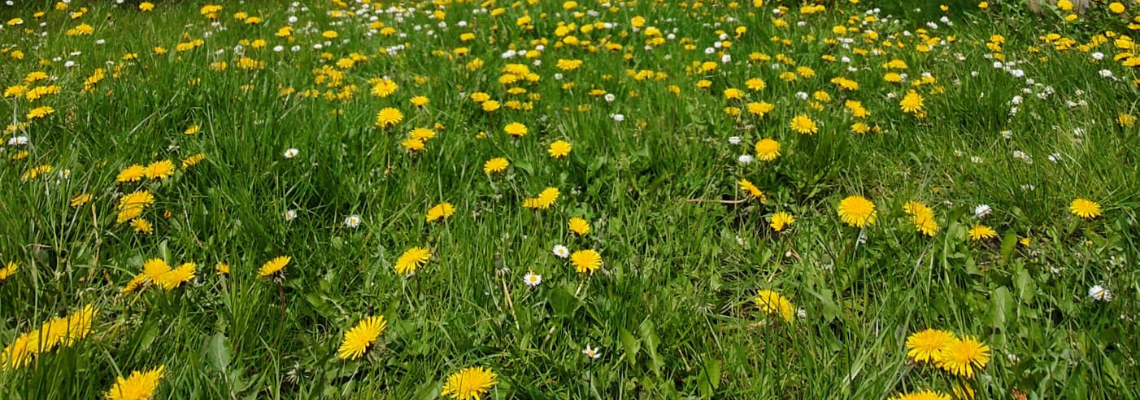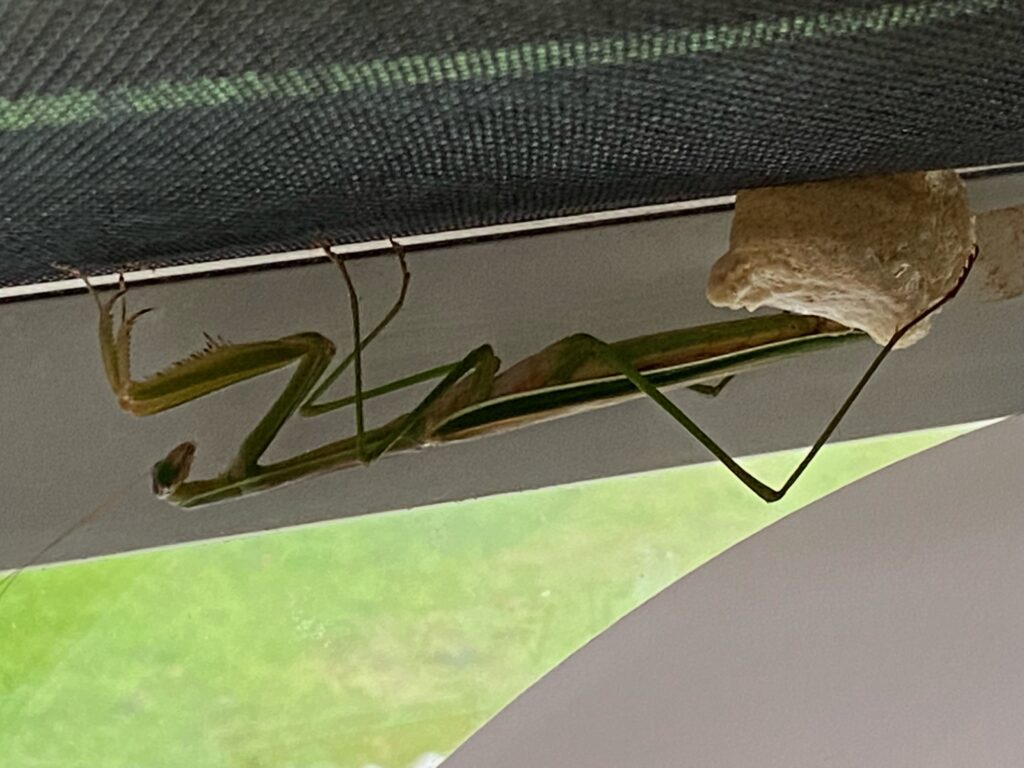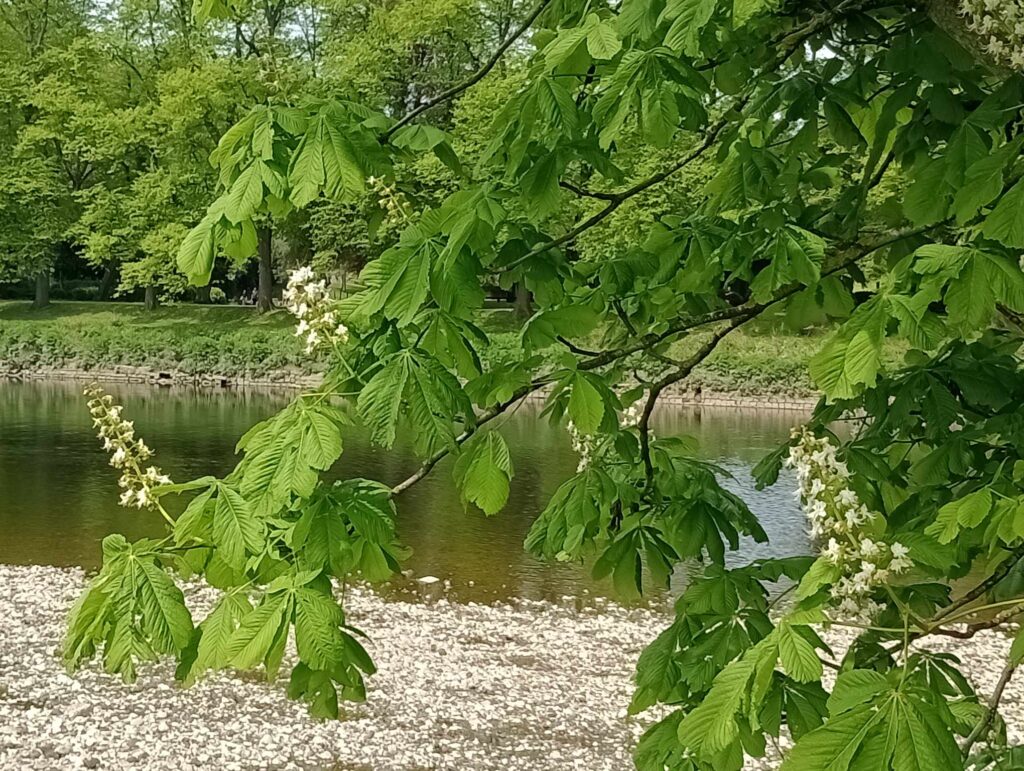
The merry month of may
Well, here we are in the very merry month of May! We’re now a week into Population Matters’ Spring Action Month where we ask supporters to consider undertaking one or multiple Spring Actions to help our planet.
Like many of our supporters, each year my family and I take part in #NoMowMay: for biodiversity’s sake, we refrain from cutting the lawn until later in the summer. By allowing the grass to grow, this provides an essential early-stage habitat for insects and native flora and wildflowers. Population Matters patron, Sir David Attenborough, is a proponent of delaying cutting the grass until well into the summer. More information about #NoMowMay can be found among other Spring Actions for biodiversity.
I’m excited to share with you this amazing video taken in my own garden of a native bee. You can see he is fully laden with pollen, all harvested from a single dandelion which has been allowed to grow as we avoid mowing. People can often be a little wary of bees but studying friendly little fellows like this one can go some way to persuading everyone that bees are our friends – something I know you already know. Our little garden here in the north of England is filled right now with bright yellow dandelions. Daisies too are just starting to come through. On a sunny day, the garden is alive with different bees and other insects buzzing from flower to flower.
Population Matters supporters from all over the world have been in contact sharing their local biodiversity and the steps they are taking to protect it. Will Goode in Australia sent these amazing photos of a praying mantis he found in his garden. One of a mated pair, Will tells us:
She’s laid two Ootheca so far, a foam gel that sets, containing up to a hundred eggs that hatch in a couple of months, our spring.”
Will Goode, Population Matters supporter, Australia

Once common in New South Wales, this is the first time Will has found any mantis in his garden. We’re delighted that Will shared this with us and that he is caring for their habitat in the southern hemisphere’s autumn.
Spring Actions
As explained further in our Spring Actions for biodiversity, we’d love you to support local biodiversity and take part in #NoMowMay. Do please email us like Will did at supporters@populationmatters.org with any amazing insect or animal life you manage to find!

In addition to supporting local biodiversity this May, Population Matters needs fundraisers and there are many Spring Actions for fundraising you could take. With the longer days and improving spring weather, May is the perfect time to think about fundraising for us. Did you know that May is National Walking Month in the UK? Walking is the easiest means of active or sporty fundraising. No need for fancy equipment or pre-event training. I take a long walk at least four times a week in an evening. It’s a great way to exercise and enjoy the outdoors. Now that we’re in May, there are such amazing sights to see, such as these beautiful horse chestnut trees which I have noticed just coming into bloom this week.

We’d love you to consider undertaking a simple walking challenge to raise money for Population Matters. Your fundraising walking challenge can be anything you want it to be from a single hike or destination walk to a commitment to walk a specific distance or target number of steps each day. You could even pledge to walk instead of taking the car for short journeys – this will have the added benefit of reducing emissions and further helping the environment.
More details for #WalkThisMay ideas can be found on our fundraising page, including Population Matters supporter, John Waldron, who completed a sponsored fell walk with his daughter during last year’s Spring Action Month. Will you raise a little money for Population Matters by signing up for a walking challenge this month?
I’d love to chat more and share ideas about how you can help us this May. Please drop me a line directly at anthony.howarth@populationmatters.org or call 020 4552 5142.

